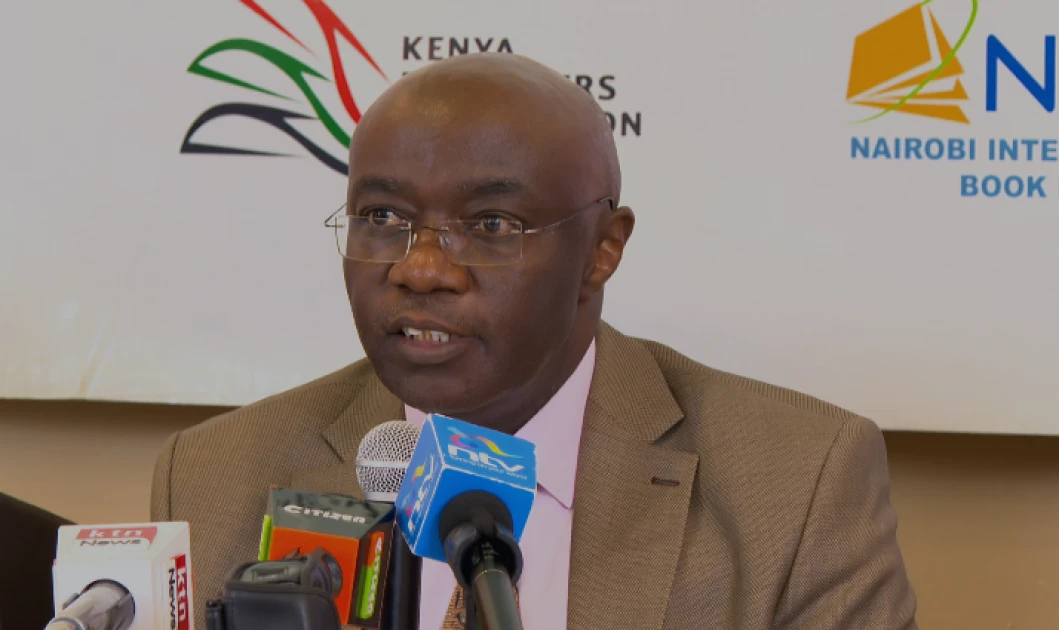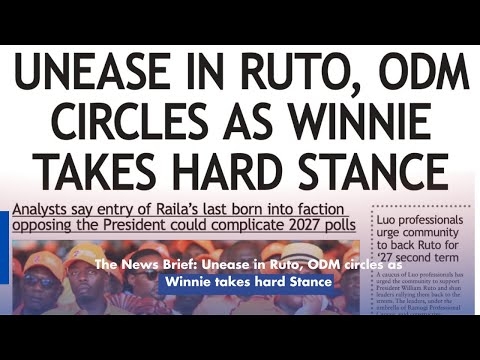
 The Kenya Publishers Association chairperson, Kiarie Kamau. HANDOUT
The Kenya Publishers Association chairperson, Kiarie Kamau. HANDOUT
The Kenya Publishers Association (KPA) has warned that public schools may begin the 2026 academic year without textbooks for Grade 10 learners unless the government settles an overdue debt of Sh11.4 billion owed to publishers.
According to the association, the backlog includes Sh11.15 billion for Grade 1–8 textbooks and Sh234.5 million for Grade 9 materials, a financial strain that has slowed the printing and distribution of essential learning resources.
“We, as the Kenya Publishers Association, are deeply concerned that publishers are currently facing severe financial constraints due to outstanding payments from previous textbook supplies,” said KPA Chairperson Kiarie Kamau.
Despite the challenges, Kamau confirmed that preparations for Grade 9 textbook printing are ongoing. Between October and December this year, 21 publishing companies are expected to produce 35 different textbooks.
Out of these, five are compulsory: English, Kiswahili, Mathematics, Community Service Learning, and Information and Communication Technology.
He added that the association plans to print seven million copies ahead of January 2026. “The timeline allocates 60 days to printing and 30 days for distribution,” he explained.
However, Kamau warned that without settlement of the government’s arrears, the process could stall.
“Any delay in payment will have a direct impact on learners,” he said.
The textbook debt crisis comes at a time when Kenya’s education sector is already facing financial distress stretching from primary to tertiary levels.
KPA has warned that if the government does not meet its obligations, printing houses and publishers may be forced to halt production altogether, leaving learners without the required materials at the start of the school year.
Such a disruption, the association stressed, would hit hardest those moving into Grade 10 for the first time under the new curriculum structure.
The KPA’s alert calls on the government to act swiftly to protect the continuity of learning.
The association also emphasized its role as the umbrella body representing publishers in Kenya, especially those engaged in educational publishing.
Working closely with the Ministry of Education, KPA publishes, prints, and distributes approved textbooks to public and private schools.
It also advocates for fair policies, timely payments, and protects publishers’ interests in negotiations with government agencies.
Beyond publishing, KPA ensures that materials meet curriculum standards and remain accessible to learners.
The association also promotes reading and literacy through initiatives such as the Nairobi International Book Fair, while defending authors and publishers from piracy and intellectual property violations.
Through these efforts, KPA has maintained its commitment to ensuring learners across Kenya have access to quality, curriculum-aligned textbooks.
Without urgent action, KPA warns, the 2026 academic year could begin with a critical shortage of books, an outcome that risks derailing the progress made under ongoing education reforms.














